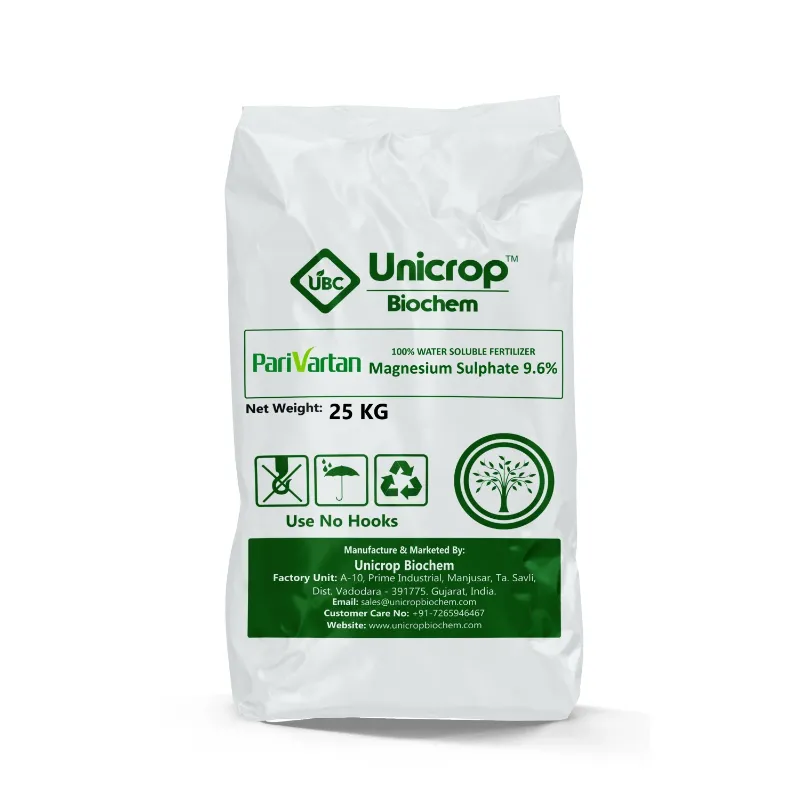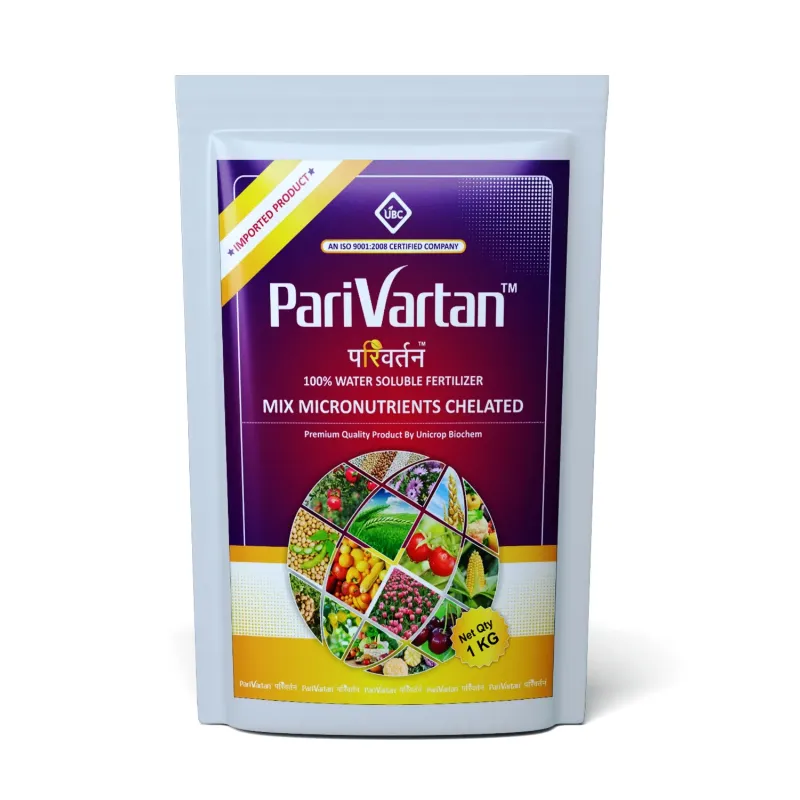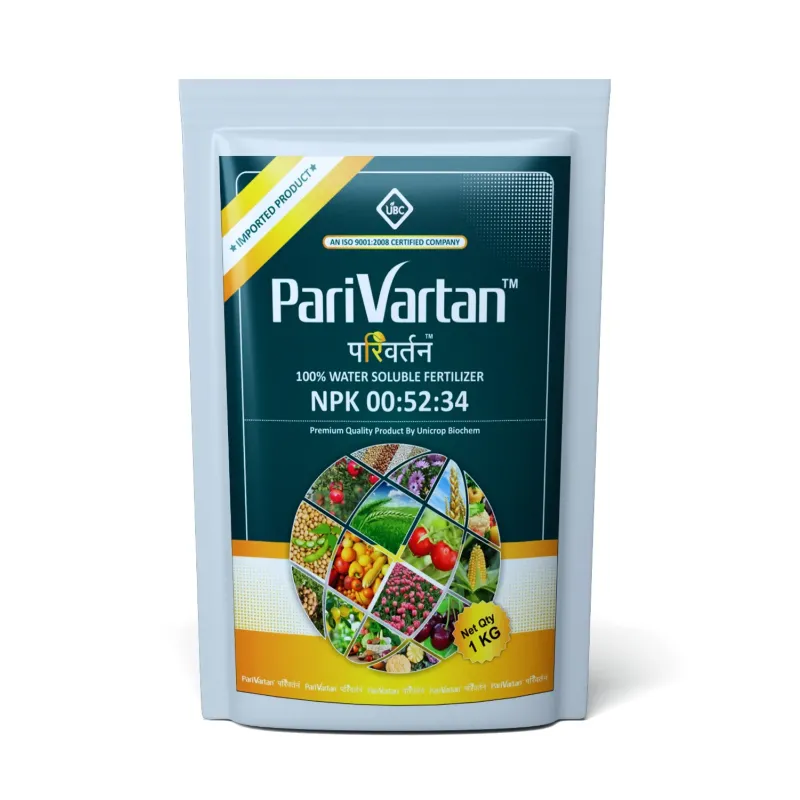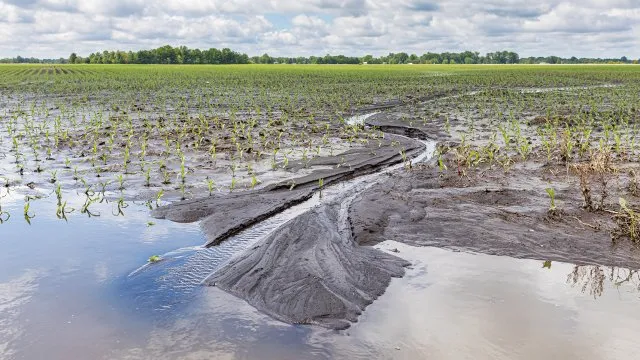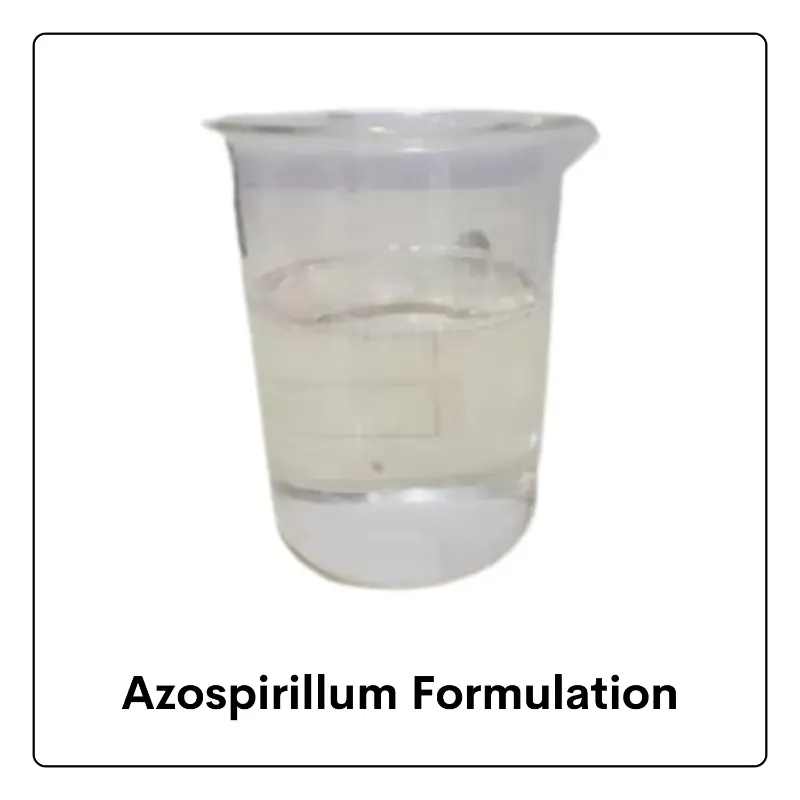Climate change poses significant challenges to agricultural productivity, with rising temperatures, changing precipitation patterns, and extreme weather events affecting crop growth and yields. In response, farmers worldwide are implementing adaptive strategies to mitigate the impacts of climate change on crops. In this blog post, we’ll explore how farmers are adapting their farming strategies to address the challenges posed by climate change and ensure sustainable crop production.
Crop Diversification:
Crop diversification is a key strategy employed by farmers to mitigate the risks associated with climate change. By planting a variety of crops with different growth requirements and tolerances to environmental stressors, farmers can spread their risks and reduce vulnerability to climate variability. Diversification also enhances ecosystem resilience and supports biodiversity, contributing to overall farm resilience in the face of changing climate conditions.
Utilizing Climate-Resilient Crop Varieties:
Farmers are increasingly selecting and planting crop varieties that exhibit resilience to climate change-related stresses such as heat, drought, pests, and diseases. Climate-resilient crop varieties are bred or genetically engineered to withstand extreme weather events, adapt to changing environmental conditions, and maintain productivity under stress. By adopting these resilient varieties, farmers can minimize yield losses and ensure consistent crop production despite climatic challenges.
Adjusting Planting Dates and Cycles:
Changing climate conditions, including shifting temperature and precipitation patterns, necessitate adjustments to traditional planting dates and cropping cycles. Farmers are adapting by modifying their planting schedules to align with optimal growing conditions, avoiding periods of excessive heat, drought, or rainfall that may adversely affect crop establishment and growth. Additionally, farmers may stagger planting dates or implement multiple planting cycles to spread risks and maximize yield potential.
Implementing Water-Saving Techniques:
Water scarcity is a growing concern in many regions due to climate change-induced droughts and erratic rainfall patterns. To conserve water and optimize its use in crop production, farmers are implementing water-saving techniques such as drip irrigation, rainwater harvesting, and deficit irrigation strategies. These techniques minimize water wastage, improve water efficiency, and ensure that crops receive adequate moisture even during periods of water scarcity.
Enhancing Soil Health and Resilience:
Healthy soils are essential for sustaining crop productivity and resilience in the face of climate change. Farmers are adopting soil conservation practices such as cover cropping, conservation tillage, and organic matter management to enhance soil health, structure, and resilience. Healthy soils have better water retention capacity, improved nutrient cycling, and increased resistance to erosion, drought, and other climate-related stresses, ultimately supporting sustainable crop production.
Integrating Agroforestry and Agroecological Approaches:
Agroforestry and agroecological approaches integrate trees, shrubs, and other perennial crops into agricultural landscapes to enhance biodiversity, soil fertility, and ecosystem resilience. These practices create diverse agroecosystems that provide multiple benefits, including improved microclimates, enhanced water infiltration, and increased resilience to climate extremes. By incorporating agroforestry and agroecological principles into their farming systems, farmers can mitigate climate change impacts while promoting sustainable land use and biodiversity conservation.
Conclusion:
In conclusion, farmers play a crucial role in adapting to and mitigating the impacts of climate change on crop production. By implementing adaptive strategies such as crop diversification, utilizing climate-resilient crop varieties, adjusting planting dates, implementing water-saving techniques, enhancing soil health, and integrating agroforestry and agroecological approaches, farmers can build resilience and ensure sustainable crop production in the face of changing climate conditions. Continued innovation, research, and collaboration are essential to support farmers in their efforts to adapt to climate change and sustainably feed a growing global population.
